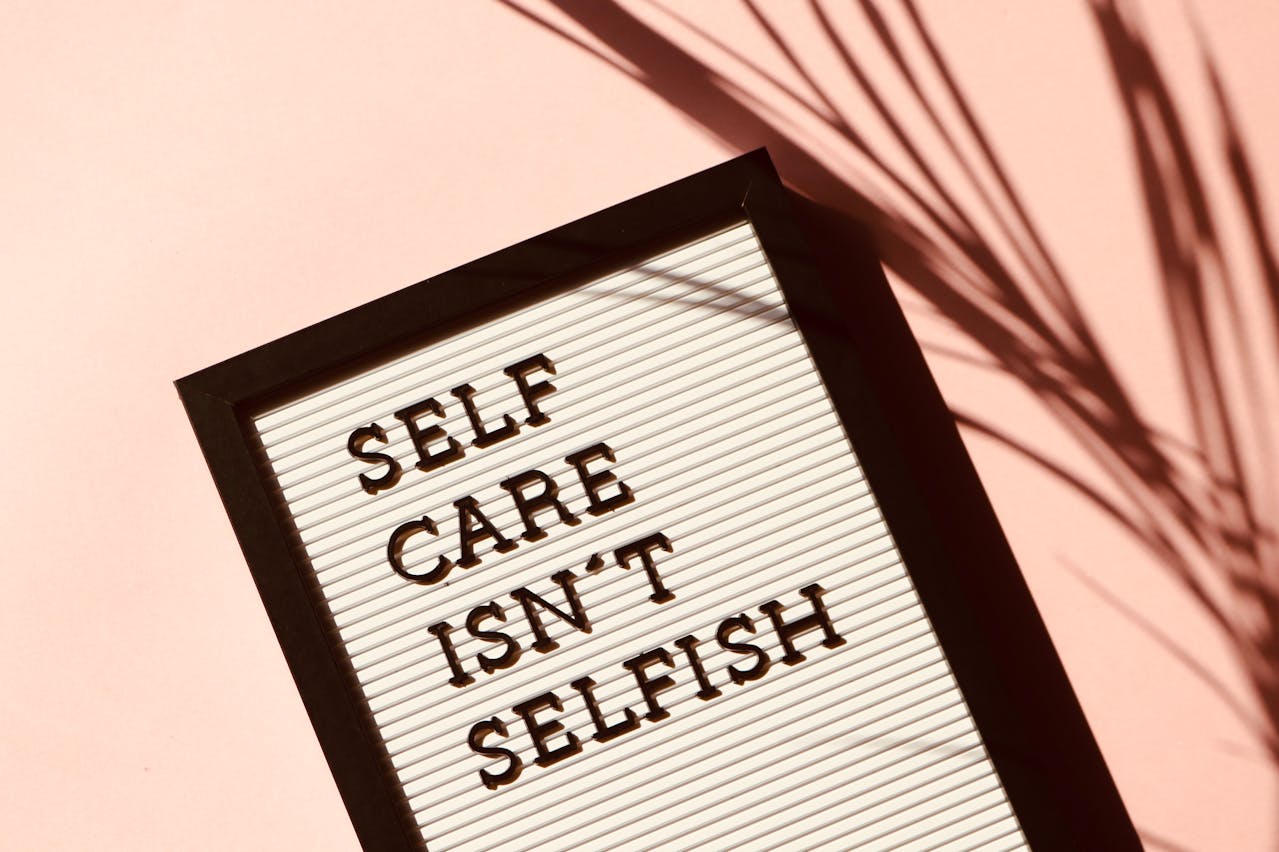Nurturing Yourself: The Power of Self-Care and Coping
In today’s fast-paced world, self-care and coping have become essential tools for navigating life’s challenges and maintaining overall well-being. Self-care refers to intentional activities that promote physical, mental, and emotional health, while coping mechanisms are strategies used to manage stress, anxiety, or difficult situations. Both play a crucial role in building resilience and fostering a sense of balance in our lives.
Self-care encompasses a wide range of practices, from basic needs like adequate sleep and nutrition to more intentional activities like mindfulness meditation, exercise, and hobbies. Prioritizing self-care involves recognizing and addressing individual needs, whether it’s taking a relaxing bath, spending time in nature, or simply disconnecting from technology. By making self-care a regular part of our routines, we can reduce stress, improve mood, and enhance overall quality of life.
Coping mechanisms, on the other hand, are specific strategies we employ to manage stress or negative emotions. Some common coping techniques include problem-solving, time management, relaxation techniques, and seeking social support. Effective coping involves identifying healthy and constructive strategies that work for us as individuals. It’s important to avoid maladaptive coping mechanisms, such as substance abuse or excessive avoidance, as these can lead to further problems.
The relationship between self-care and coping is symbiotic. Self-care practices can enhance our ability to cope with stress by building resilience and promoting emotional well-being. When we prioritize self-care, we are better equipped to handle challenges and bounce back from setbacks. Conversely, effective coping mechanisms can help us manage stress and maintain a positive outlook, which in turn supports our ability to engage in self-care activities.
Incorporating self-care and coping into our daily lives can be challenging, but it’s a worthwhile investment in our overall well-being. By setting realistic goals, practicing mindfulness, and seeking support from others, we can develop a sustainable self-care routine and build a repertoire of effective coping strategies. Remember, self-care and coping are not luxuries; they are essential for navigating life’s ups and downs and thriving in the face of adversity

Webwell Group provides accessible, high-quality mental health and wellness services that empower individuals to live fulfilling lives. We are committed to fostering a supportive and collaborative environment for our clients, staff, and clinicians, utilizing evidence-based practices and innovative approaches to address the diverse needs of our communities.
